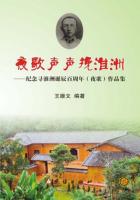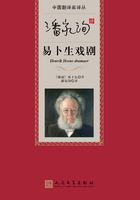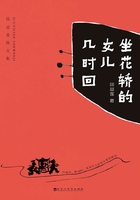In the mid-Qing Dynasty, China’s power and prestige declined dramatically. Western capitalist countries, led by Great Britain, driven by the Industrial Revolution and their increasingly advanced military and naval power, became the dominant powers in the world. They wanted more than anything to open up foreign markets in order to find extra markets for the vast quantities of goods manufactured in their great factories. They cast covetous eyes on the enormous Chinese market.
What the British Empire wanted to trade for the goods they coveted in China was not a common commodity. It was opium -a powerfully addictive and destructive force wherever it took hold in the world. Merchants from the British Empire tried every underhand trick they could think of to try to open Qing China to opium.
Opium from the British Empire flooded into China and vast quantities of silver poured out of China into the pockets of rich British Empire merchants. Before long more than two million Chinese were hopelessly addicted to opium and led lives of unbelievable misery.
Many people realized that opium constituted a poisonous threat to the harmony of Chinese society. There was a lot of popular support for a ban on opium despite the flourishing trade. Lin Zexu, then Governor-General of Hunan and Guangdong, submitted a memorial to the Emperor in 1838, in which he pointed out that if opium-smoking and the opium trade were not banned, China would
before long have no effective troops to defend the country.
Lin Zexu was sent to Guangdong as imperial commissioner by the Daoguang Emperor (who reigned from 1821-1850) in December 1838 to halt the importation of opium by the British.
Lin Zexu (1785-1850) was a native of Fujian province. Because of his integrity and his outstanding achievements in his post, he was greatly loved and esteemed by the common people.
Upon arriving in Guangzhou in March 1839, he immediately put up a notice, ordering that all local opium traders surrender all their opium to the Chinese authorities and sign a ‘no opium trade’ bond, the breaking of which would be punishable by death.
On March 24, Lin ordered the suspension of trade between China and Britain and dispatched troops to surround the British Chamber of Commerce. The British Chief Superintendent of Trade in China, Charles Elliot, got the British traders to agree to hand over their opium stock, which weighed a total of 1.15 million kg.
Lin had two pools, each about 40meters long and 50 meters deep dug on the beach in Humen, Guangdong. These pools were used to destroy the opium.
On June 3, 1839, Lin and his supporters supervised the destruction of the impounded opium. Chests of opium were pounded to pieces and cast into the pools. The opium was soaked in the water drawn from the Pearl River, and sea salt and lime were added to it. The lime, on coming in contact with the water, immediately began to bubble and boil. The opium was completely destroyed.
The destruction of the vast quantity of opium lasted 23 days.
In order to put an end to opium smuggling, Lin decreed that any ship found smuggling opium would be confiscated and the traders would be sentenced to death.
Lin Zexu’s Opium Destruction in Humen showed the world China’s determination to fight back against foreign domination.















